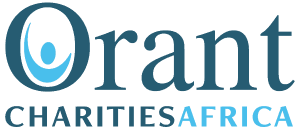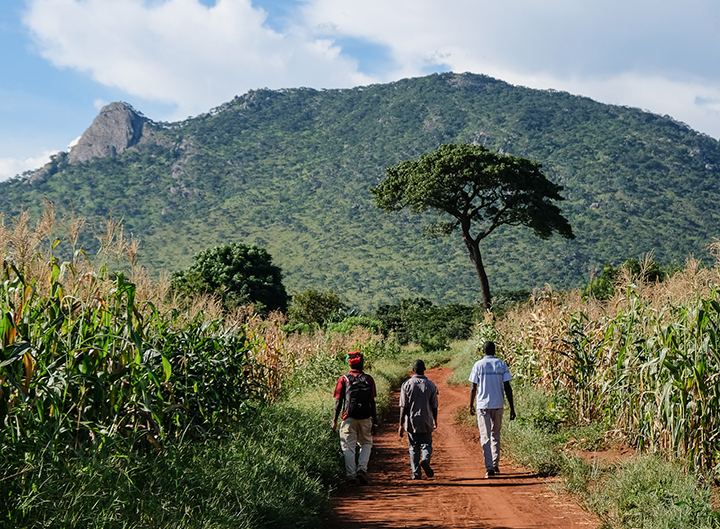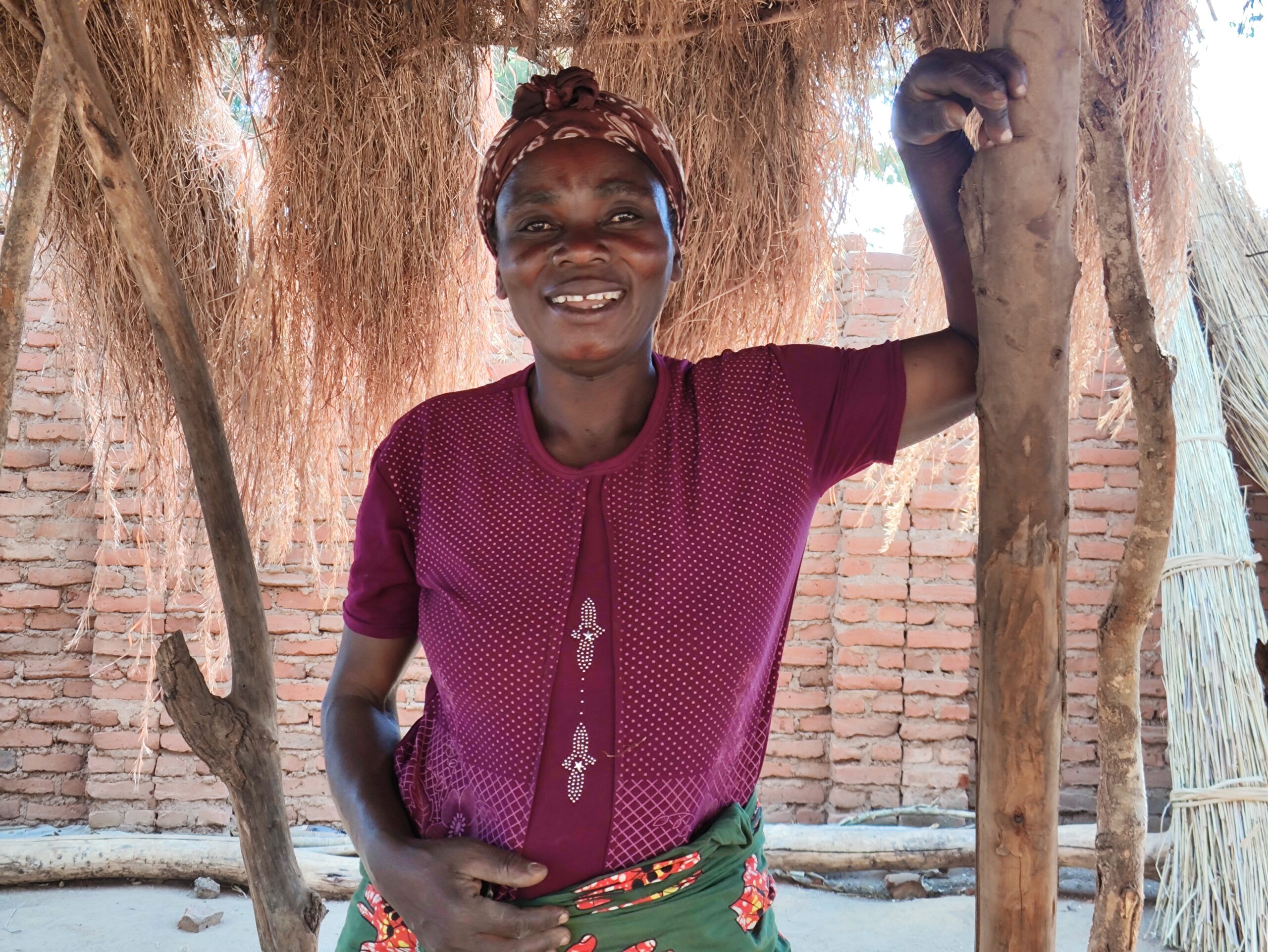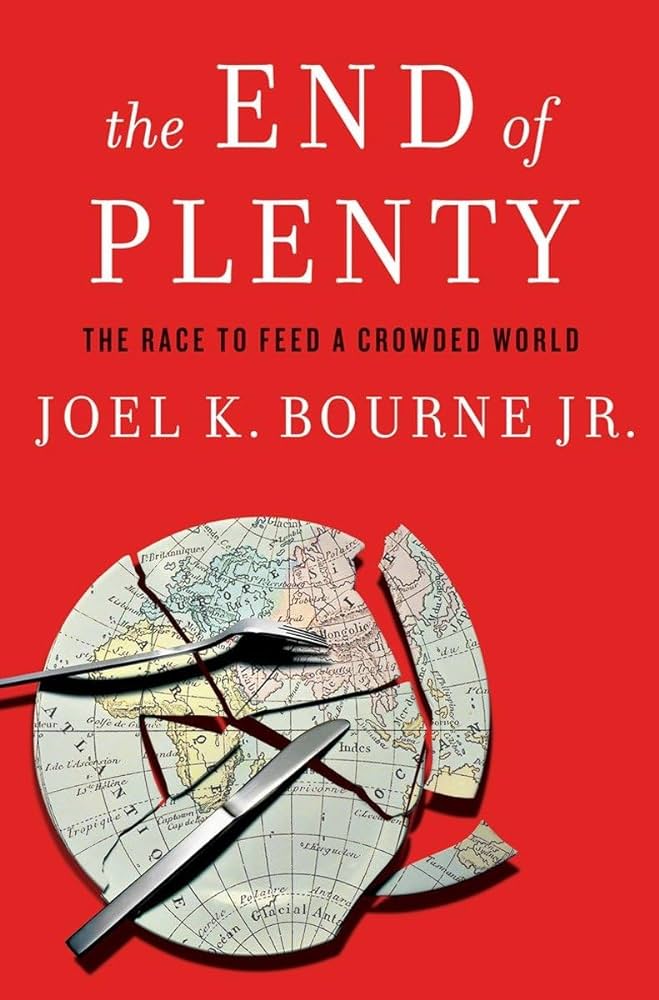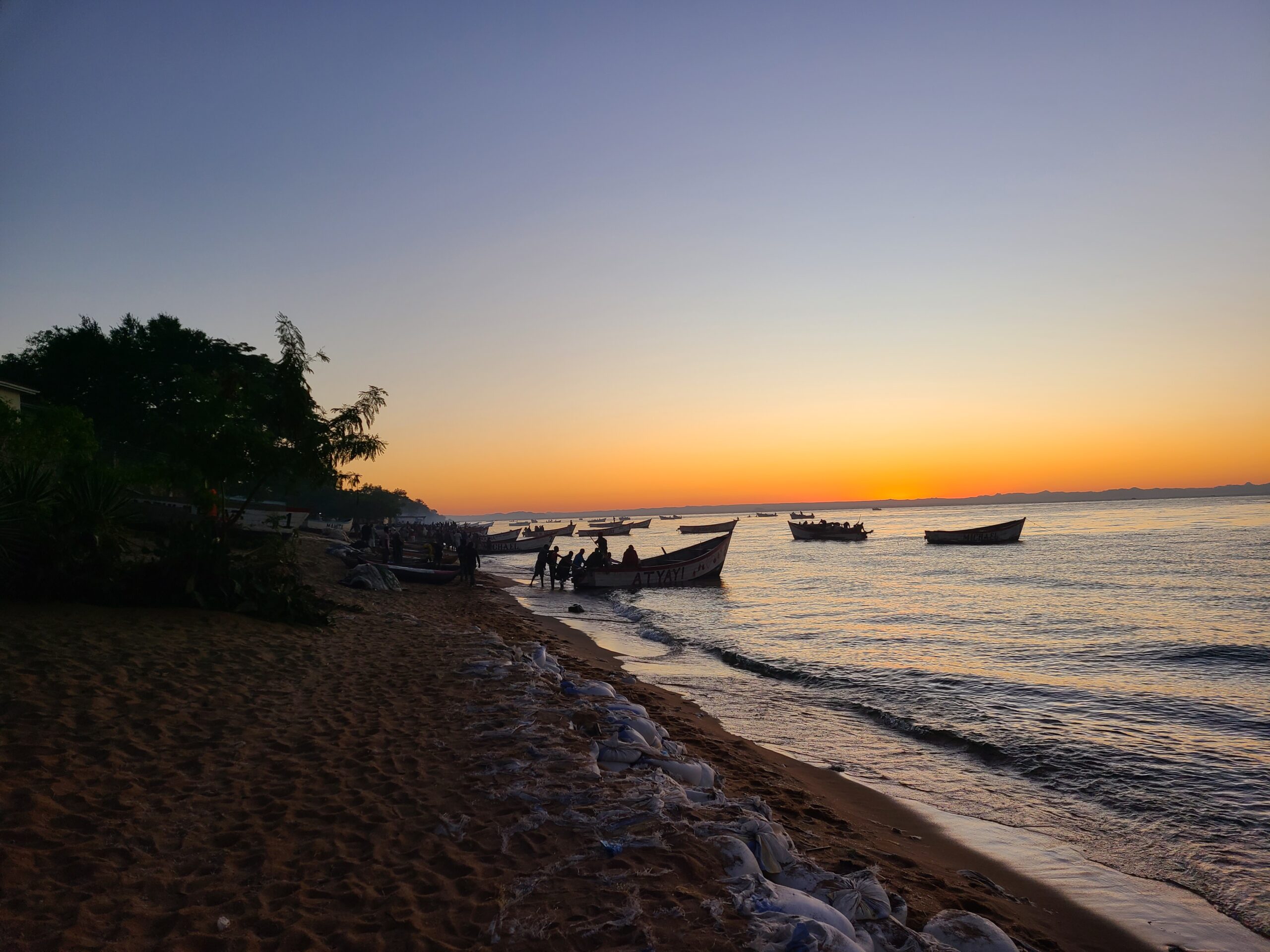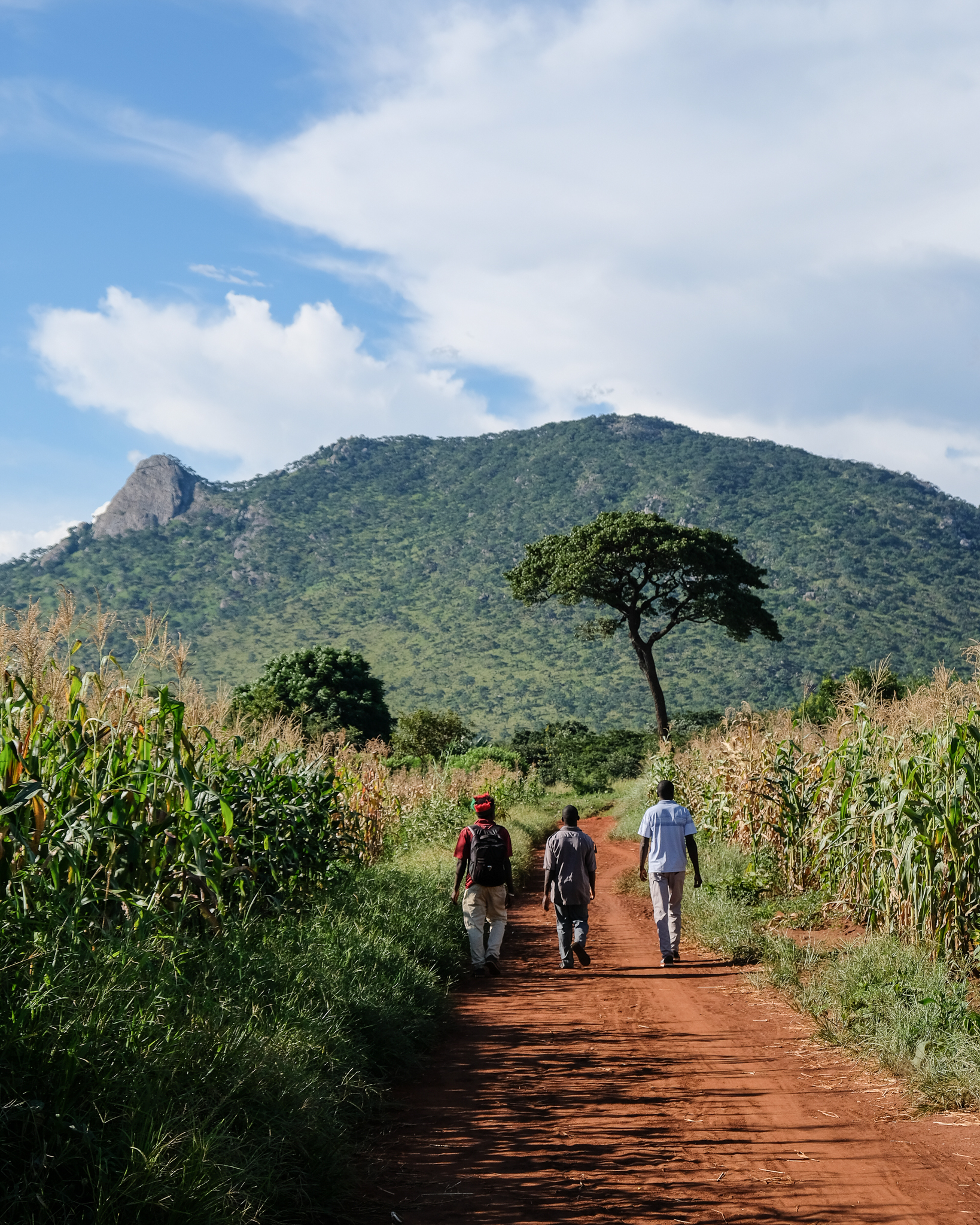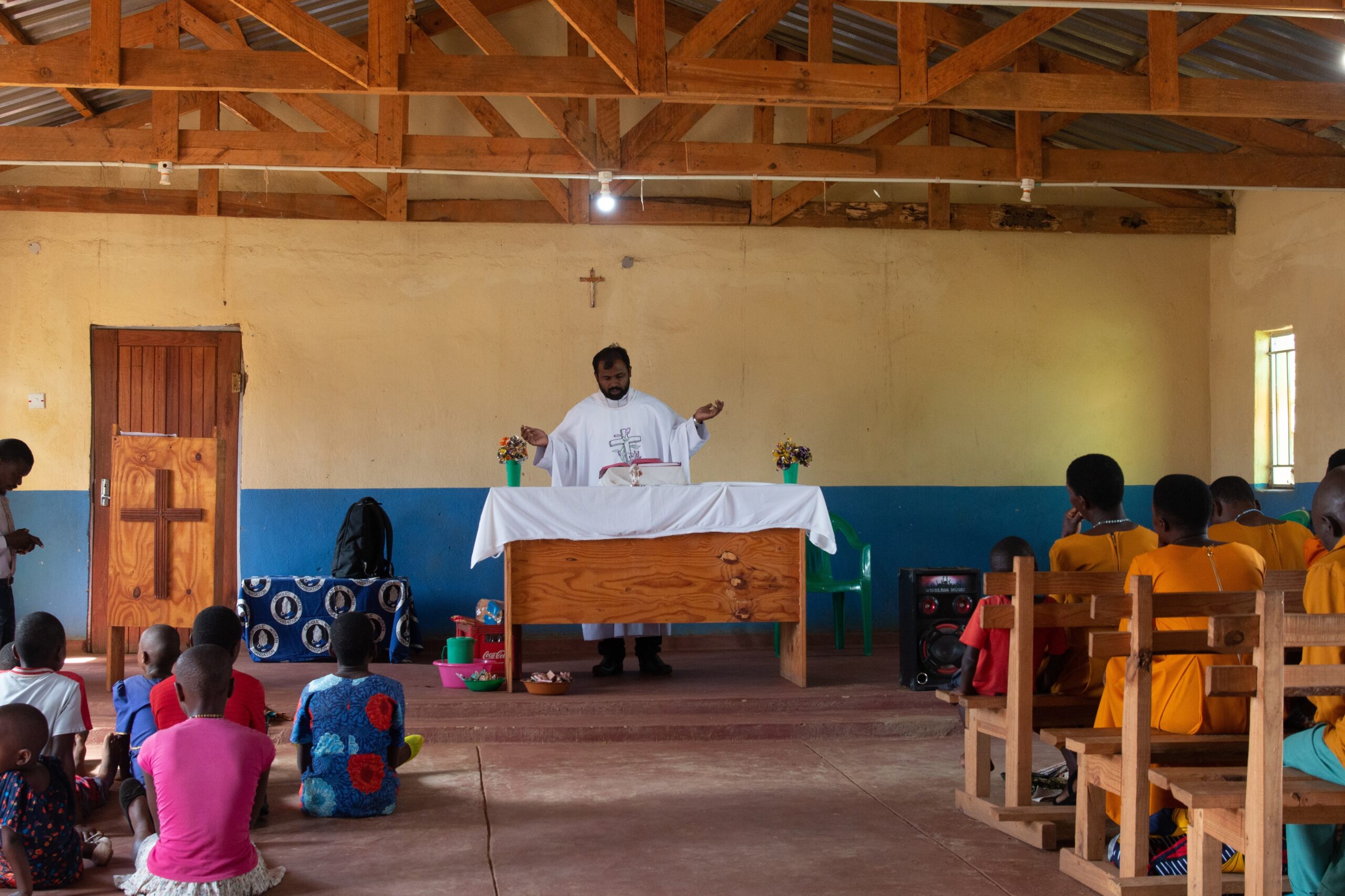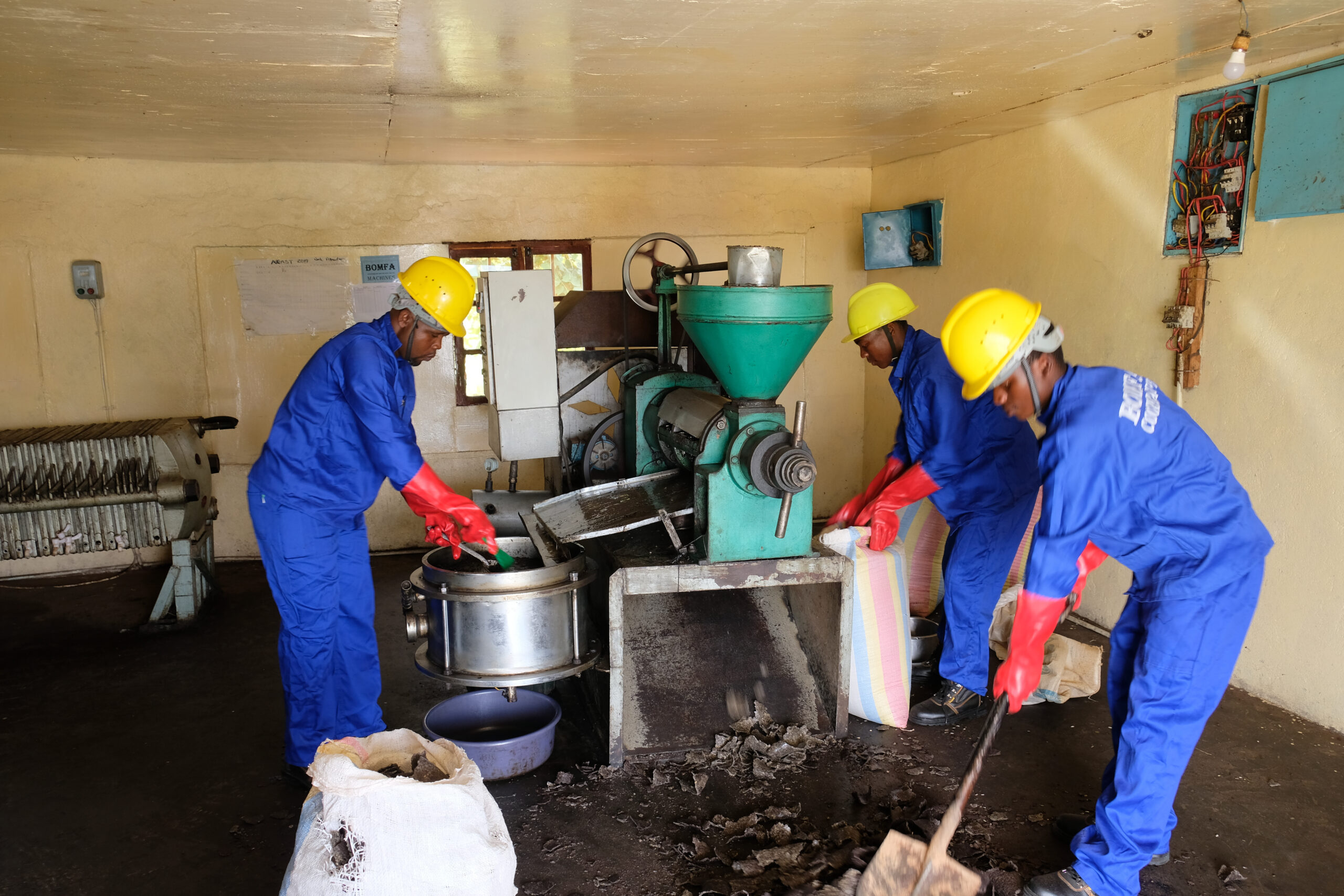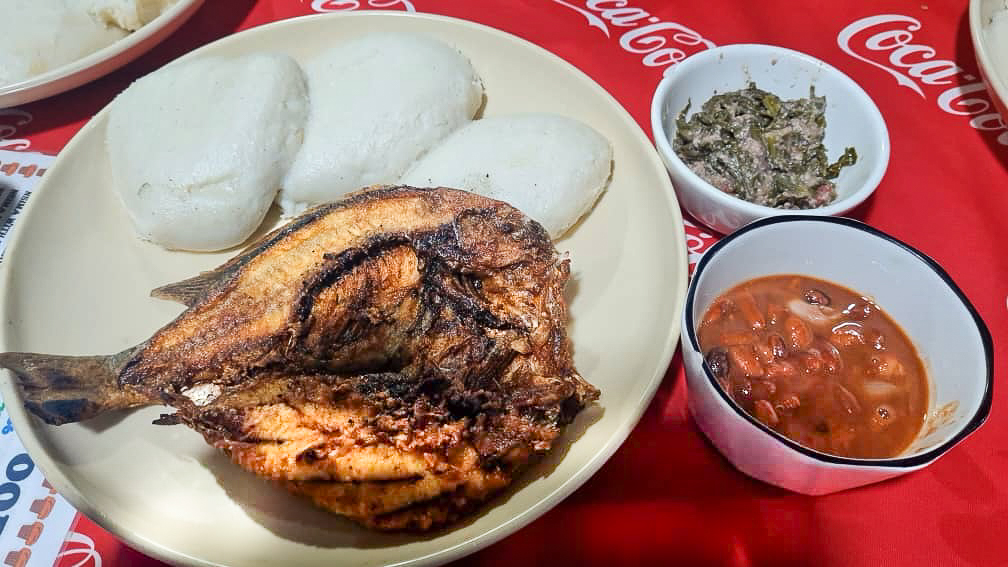“Orant respectfully serves and collaborates with our community in a sustainable way.”
Why the World Needs Less Charity and More Collaboration
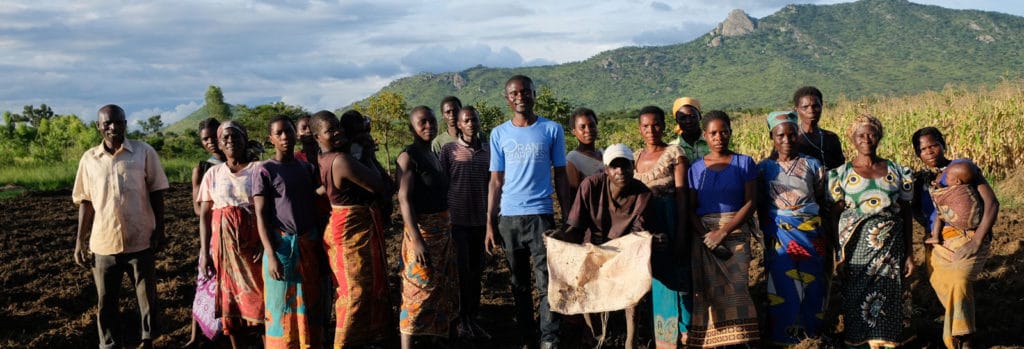
A well meaning uncle gives his only niece, a sixteen-year-old girl he sees maybe once every four years, a Christmas gift. The girl is a runner. Her tennis shoes have worn down so bad, she’s getting shin splints. She needs a new pair and it’s her lucky day because her gift is in the shape of a shoebox. Elated, she opens the box. Inside is a sparkly pair of high heels. The girl loathes sparkles and never wears heels. Her face falls, but her uncle doesn’t see it. She sees him smiling at her, proud and expectant, happy to have given her something so nice.
“Foreign aid is like buying a Christmas present for someone you have never met: someone who will never give you feedback on whether they liked it,” Professor Waya Quiviger said.
How does someone on one side of the world know what is right or needed for someone on the other side of the world? And even if they do know what is right, how can they ensure that their gift reaches the right people and systems, not just the already-powerful and potentially-corrupt?
Orant’s answer: collaboration.
The genesis story of Orant is a fairly common one. A group of men in the US gathered together with the shared mission to fight poverty on a global level. They traveled to Mozambique, Cambodia, Haiti, and Malawi to see where their impact could be the greatest. Malawi lacked a history of political strife and housed extreme poverty. Here, the US team chose to start their charity.
As Orant evolved, so did its concept of charity. Orant Charities US (OCUS) is a private operating foundation that offers consulting and fundraising services to Orant Charities Africa (OCA), a local Malawian NGO run by an entirely Malawian staff. With this model, feedback between donor country and beneficiary country is encouraged, discussed, and used to develop better, stronger, more efficient programs.
Orant’s fundraising is run almost entirely from the US where its primary donor base is located. Technology makes cross-country communication feasible and regular. Rather than US donors blindly sending money to governments or churches in Malawi with leaders who may or may not be using the money to serve their communities, OCUS is informed on and involved in all on-the-ground operations. The OCUS team meets weekly over Skype with the direct service team in Malawi to discuss goals, developments, and program operations. This way, OCUS can track its investments and measure impact.
OCA, the Malawi NGO team, on the other hand, are the experts and leaders of Orant’s mission. All program managers in Malawi are college-educated and trained in their specialties: water management, education, healthcare, and agriculture. More importantly, Malawi is their home. The community they serve is their community and the culture of their clients is their culture. They speak Chichewa and English, the language of their people and the language of their primary donors. Because of this, they know better than anyone the needs of their community, and the solutions to address those needs.
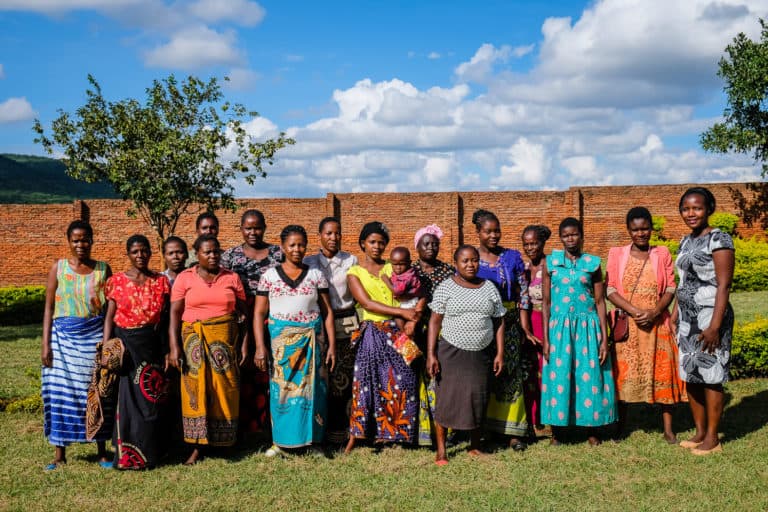
The collaboration between OCA and OCUS has been integral in making Orant’s programs what they are: local, holistic, data-driven, and impactful. OCUS isn’t an estranged uncle gifting OCA sparkly high heels. Orant as a whole is not a foreign aid mission, but an international collaborative effort to address poverty and inequity. Ours is a framework rooted in relationships.
Stories From The Field
The Village Chief’s Vital Role
Ever wondered why we always mention village chiefs and their involvement in Orant’s work? If yes, then today’s blog article is for you! In this article, we talk to Village Head of Kasese Village in Dowa, who tells us about her duties and why her involvement with Orant is important. Read today's blog article to learn more.
The End of Plenty Book Review
Recently, we read The End of Plenty by Joel K. Bourne Jr. An honest and sometimes scathing review of the Green Revolution, this book covers how monoculture crops have led to worsening hunger across the world. As the planet warms, the need is ever more urgent for us to find a solution to humanity’s desperate need to feed 9 billion people.
Urbanisation in Malawi: MW2063 Pillar #3
As we have discussed in some of our past blogs, Malawi Vision 2063 has three key pillars that guide the focus of the Vision. These three pillars are meant to build on each other to create the inclusively wealthy and self-reliant nation that they envision. In this blog, we will look at the third pillar of MW2063: Urbanisation.
How big is Malawi?
How big is Malawi? How does Malawi compare to US states? Learn more here!
Best Things to Do in Malawi
Whether you are planning an African trip or just curious about the things we love about Malawi, read today’s blog to see the best things to do in Malawi!
Holidays in Malawi
Holidays are here again and we are so excited! Most of our team is taking time off with their families and loved ones, so please enjoy this blog while we are away. Celebrate the holidays with us the Malawian way!
The Culture of Malawi: Malawian Religions
Introducing you to the culture of Malawi through a series of articles! The culture of Malawi is strong in spirituality and most people are active in religious groups. We’ll tell you about Malawi’s main religions and the people who practice them. Read on for more.
Industrialisation in Malawi: MW2063 Pillar #2
As we have discussed in some of our past blogs, Malawi Vision 2063 has three key pillars that guide the focus of the Vision. These three pillars are meant to build on each other to create the inclusively wealthy and self-reliant nation that they envision. In this blog, we will look at the second pillar of MW2063: Industrialization.
The Culture of Malawi: Malawian Food
Introducing you to the culture of Malawi through a new series of articles! First in the series is the food of Malawi, an important part of culture and tradition. We’ll tell you about some traditional foods and even share some recipes! Read on for more.
